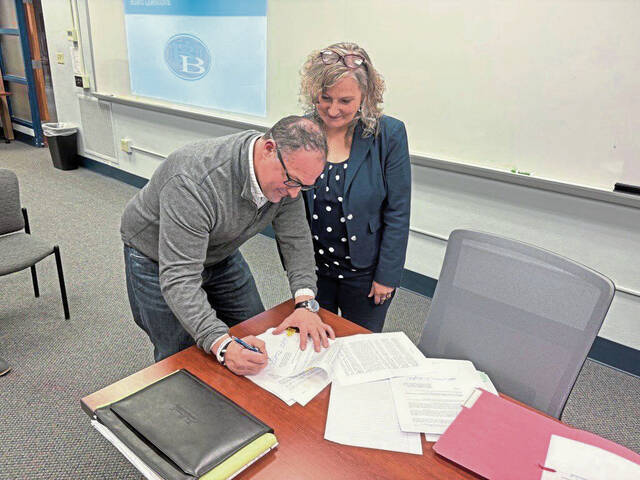If you put your life on social media, you may have to worry about security. Social Security.
While Russian hackers and Chinese cyberattacks get all the attention for how they break into a system, the government here at home can use what you put out there without resorting to ransomware or brute force.
“The Trump administration has been quietly working on a proposal to use social media such as Facebook and Twitter to help identify people who claim Social Security disability benefits without actually being disabled,” a New York Times article stated, citing a 2018 budget request.
So is that a bad thing? Social Security has been on rickety legs for years. We have borrowed shamelessly from funds that were never meant to be a raidable cookie jar. The 2018 Social Security annual trustees report predicted the retirement and survivors benefit trust fund would be depleted by 2034 and the disability trust fund by 2035. After that, payments will drop by as much as 23 percent.
While President Trump has been roundly criticized for increasing the federal deficit, the disability fund picture has been better under his tenure. According to the Social Security Administration, the depletion date for that fund was six years sooner in 2017. The difference was credited to declining applications and lower benefit amounts.
The SSA says there is little crime, but “we believe any level of fraud is unacceptable.” At the volume payments are put out, even a fraction can be a lot of money. In January, the agency reported more than $11 billion in disability payments, with an average monthly check of $1,097.
If just one-hundredth of 1 percent of the beneficiaries each month were fraudulent, that would be $1.09 million. In a year, it would top $13 million.
So the idea of trolling Facebook for pictures of people too disabled to work but not to water ski or golf makes sense. Law enforcement agencies have regularly found scofflaws because of social media crowdsourcing or investigation.
But there is still reason for caution — and not just for disability recipients. The government has to exercise it, too.
A social media account isn’t a deposition. It’s not under oath. What people put out there is often their best day, not the worst one. It might just raise questions and offer little to no proof. It should, at best, be a tool and not a testimonial.








